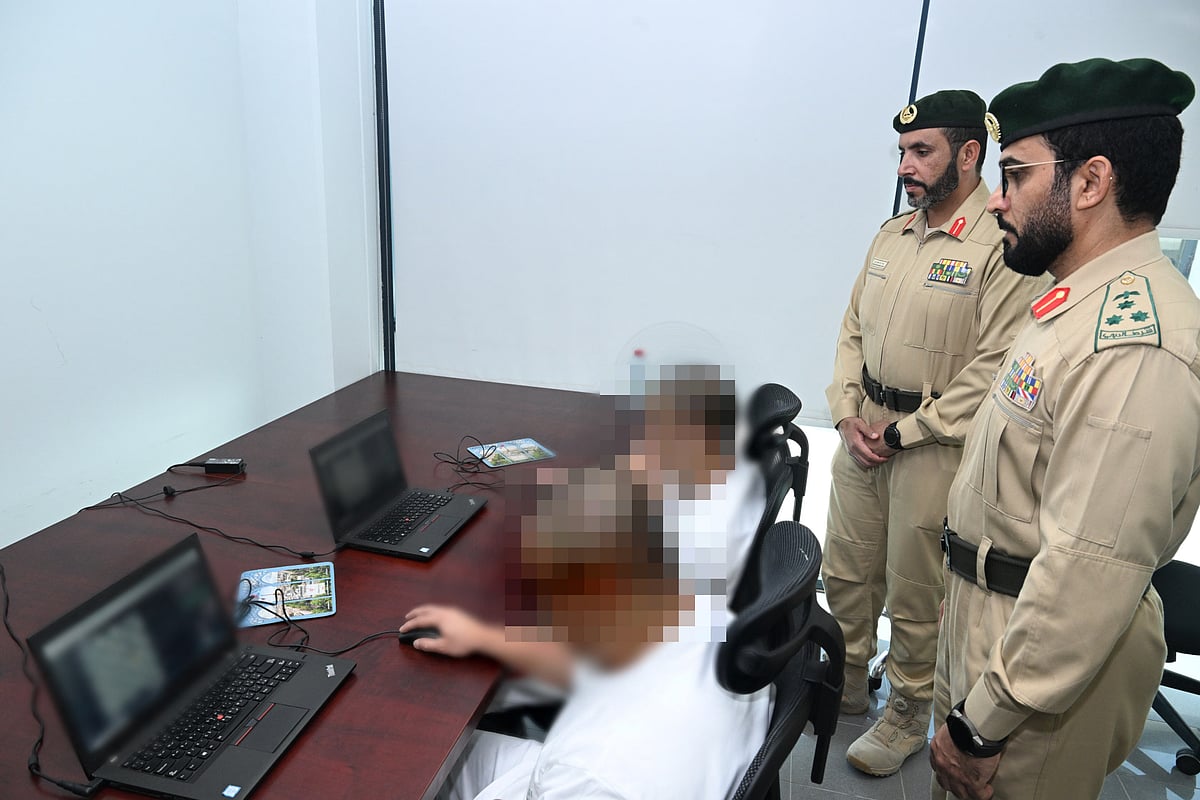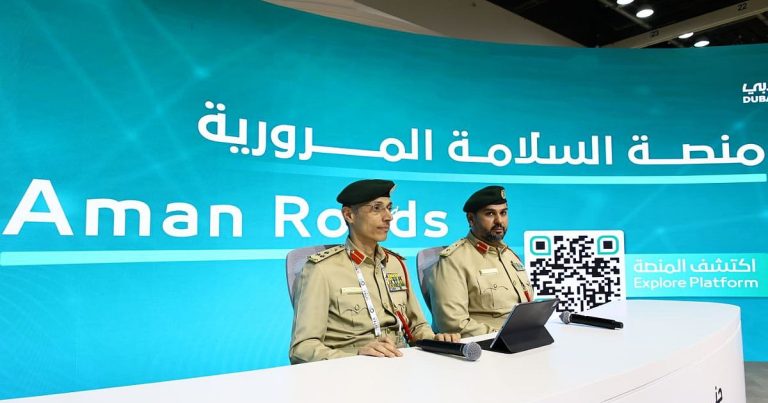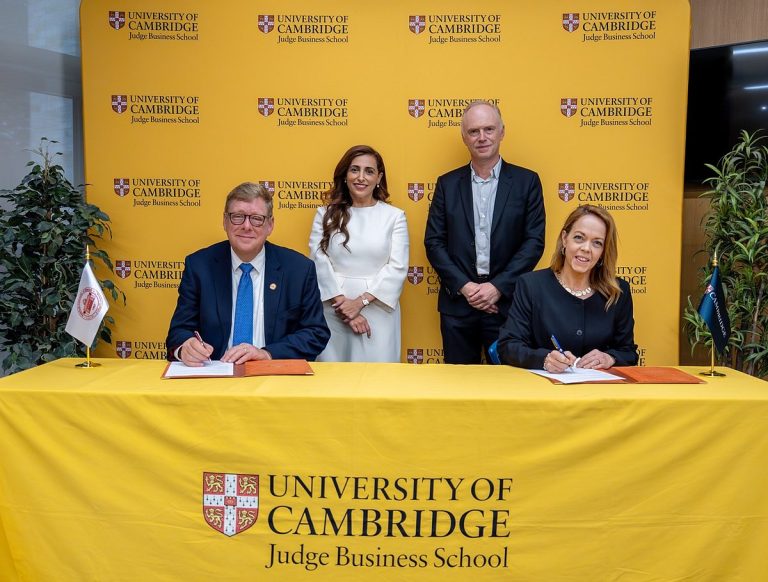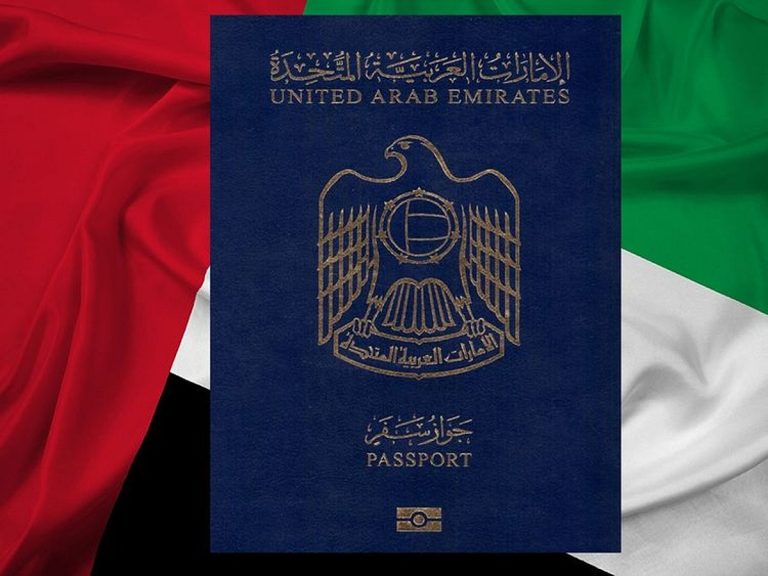Dubai Inmates Shine at Intercontinental Chess Championship
In a remarkable display of talent and resilience, inmates from Dubai participated in the fifth Intercontinental Chess Championship for Prisoners, held online under the auspices of the International Chess Federation (FIDE). This event not only showcased their skills but also highlighted the commitment of Dubai’s penal institutions to rehabilitation and personal development.
Championship Overview
The championship featured an impressive 135 teams from 57 countries, comprising 89 men’s teams, 26 women’s teams, and 20 youth teams. The men’s category was organized into ten groups, while the women’s and youth categories each had four groups. This format allowed for a diverse range of participants and competitive matches.
Support from Dubai Authorities
The event was inaugurated by Brigadier Salah Jumaa Buosaiba, the Acting Director of the General Department of Penal and Correctional Institutions. He was joined by Colonel Yousuf Jumaa Karam, his deputy, and Saeed Yousuf Shukri, Secretary-General of the Dubai Chess and Culture Club, among other officials. Brigadier Buosaiba emphasized the importance of the championship in fostering inmates’ mental and psychological growth, stating, “Our participation reflects Dubai Police’s firm commitment to rehabilitation and reform, which is a fundamental pillar of our work.”
Focus on Rehabilitation
Lieutenant Colonel Mohammad Abdullah Al Obaidli, Director of the Inmates’ Education and Training Department, expressed pride in the inmates’ involvement and achievements. He noted that providing a productive environment through educational and sporting activities is crucial for inmates. “These tournaments are part of an integrated system that includes formal education, vocational skills, and sports activities, all aimed at preparing inmates to become productive members of society after completing their sentences,” he said.
Previous Successes
Saeed Yousuf Shukri acknowledged the ongoing support from Dubai Police in enhancing inmates’ mental and sporting skills. He highlighted the success of Dubai in the previous year, where the emirate secured first place in the fourth edition of the championship. This achievement underscores the effectiveness of the programs aimed at inmate rehabilitation and skill development.
FAQs
What is the Intercontinental Chess Championship for Prisoners?
The Intercontinental Chess Championship for Prisoners is an international online chess tournament organized by FIDE, allowing inmates from various countries to compete and showcase their skills.
How does participation in chess benefit inmates?
Participation in chess helps inmates develop strategic thinking, discipline, and mental resilience, contributing to their overall rehabilitation and reintegration into society.
What other initiatives does Dubai Police support for inmates?
Dubai Police supports various initiatives, including educational programs, vocational training, and sports activities, all designed to prepare inmates for successful reintegration after their release.
Conclusion
The participation of Dubai inmates in the Intercontinental Chess Championship for Prisoners reflects a broader commitment to rehabilitation and personal development within the penal system. By fostering skills through such initiatives, Dubai aims to enhance the prospects of inmates reintegrating into society as productive individuals. Moving forward, continued support and engagement in similar programs will be essential for their ongoing success.
The Intercontinental Chess Championship for Prisoners is part of a growing trend where various countries recognize the potential of sports and intellectual activities in correctional facilities. Chess, in particular, is valued for its ability to enhance cognitive skills and promote critical thinking. Many correctional institutions around the world have adopted similar programs, understanding that engaging inmates in constructive activities can lead to improved behavior and reduced recidivism rates.
In addition to chess, Dubai’s penal institutions have implemented a range of educational and vocational training programs aimed at equipping inmates with skills that are relevant in the job market. These initiatives often include workshops in various trades, literacy programs, and even art and music classes. By providing inmates with opportunities to learn and grow, authorities hope to facilitate a smoother transition back into society upon their release.
The success of the Intercontinental Chess Championship for Prisoners not only highlights the talents of the participants but also serves as a reminder of the importance of mental health and well-being in correctional environments. As more institutions recognize the value of such programs, the potential for positive change within the penal system continues to expand, offering hope for inmates seeking a second chance at life.
Also Read:
The Third Line Celebrates 20 Years of Art and Resilience






